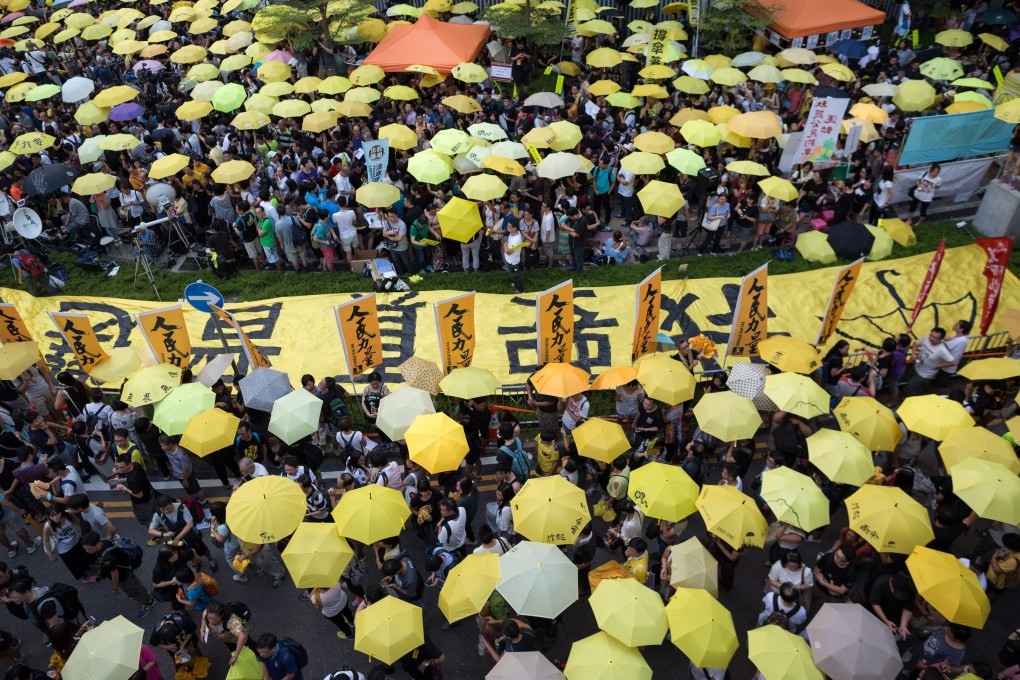The View | A year after Occupy, Hong Kong government struggles to respond
Hollow futureInability to confront an unsustainable political system must eventually impact city's international business standing and lead to hollowing out

During this anniversary of Occupy if you want to understand what is happening in Hong Kong right now, to perceive its shifting value system, its calcifying frustrations, its deep seated demand for change, you need only look around at signs of disappointment in the political system and its falsehoods and failures.
How the government succeeds or fails to resolve these serious challenges will profoundly alter the basis of our entire economy.
A year later no one seems to be able to agree on what Occupy was really about. Was it a spurious student protest of young people who were brainwashed by the internet, foreign propaganda and fanciful, but ill defined notions of democracy? Or does it represent a lasting and provocative popular movement?
Its most excoriating critics have trivialised the entire affair and denounced it as the petulant act of spoiled young people. The absence of any resolution leaves much uncertainty for the international business and financial communities who depend on a stable, civil society as a basis for operating in Hong Kong.
So far, the government's policy solution is to fund programmes to teach them how to become entrepreneurs. Such a strange response can only be understood in the context that fundamental economic reforms in Hong Kong's property market and other cartelised industries are too difficult to champion against entrenched business interests.
Occupy students in their 20s could easily become radical adult protesters in their 30s. And a new crop of student agitators could emerge each year. Perhaps the government is right - that salvation resides in a reasonably priced flat. But if they are wrong, then no amount of cheap flats can quench the desire for a democratically elected government and social justice.
